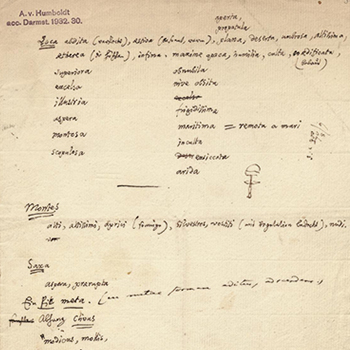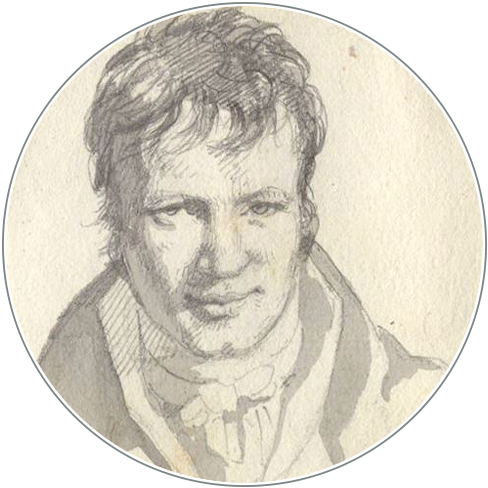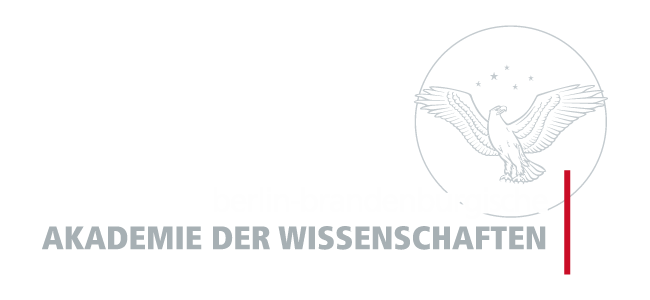Ein unbekannter Brief Alexander von Humboldts an Friedrich August Wolf (1817)
DOI:
https://doi.org/10.18443/295Keywords:
Friedrich August Wolf; Karl Benedikt Hase; botanische Arithmetik; PflanzengeographieAbstract
Zusammenfassung
Ein Brief Alexander von Humboldts an den Philologen Friedrich August Wolf vom 3. Januar 1817 enthält Neues zur Entstehung der pflanzengeographischen Schrift De distributione geographica plantarum secundum coeli temperiem et altitudinem montium prolegomena (1817). Der Gräzist Karl Benedikt Hase unterstützte Humboldt beim Verfassen des lateinischen Textes. In der Miszelle veröffentlichen wir den Brief Humboldts an Wolf zum ersten Mal und schließen mit dem Plädoyer für eine zuverlässige und vollständige Übersetzung der Prolegomena ins Deutsche.
Abstract
A letter from Alexander von Humboldt to the philologist Friedrich August Wolf dated January 3, 1817, contains new details on the origin of the plant-geographical treatise De distributione geographica plantarum secundum coeli temperiem et altitudinem montium prolegomena (1817). The Hellenist Karl Benedikt Hase assisted Humboldt in composing the Latin text. In this short paper, we publish Humboldt’s letter to Wolf for the first time and conclude with a plea for a precise and complete translation of the Prolegomena into German.
Résumé
Une lettre d’Alexander von Humboldt au philologue Friedrich August Wolf, datée du 3 janvier 1817, contient de nouveaux détails sur l’origine du traité phytogéographique De distributione geographica plantarum secundum coeli temperiem et altitudinem montium prolegomena (1817). L’helléniste Karl Benedikt Hase a aidé Humboldt à composer le texte latin. Dans ce court article, nous publions pour la première fois la lettre de Humboldt à Wolf et concluons par un plaidoyer pour une traduction précise et complète des Prolegomena en allemand.

Downloads
Published
How to Cite
Issue
Section
License
Copyright (c) 2020 Ulrich Päßler, Eberhard Knobloch

This work is licensed under a Creative Commons Attribution-NonCommercial 4.0 International License.
HiN operates under a Creative Commons-Licence (CC BY-NC 4.0), which permits the reproduction of articles, free of charge, for non-commercial use only and with the appropriate citation information. All authors publishing with HiN accept these terms of publication.
Authors retain the copyright for their articles and reviews. Copyright of the layout and design of HiN articles remains with the journal and cannot be used in other publications.








